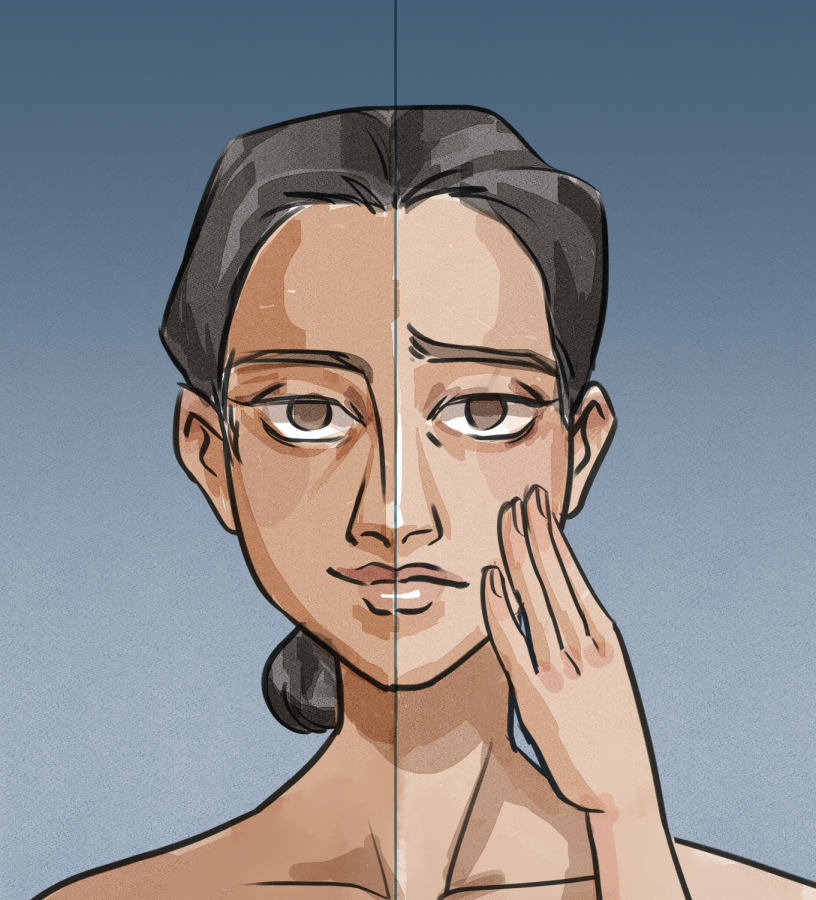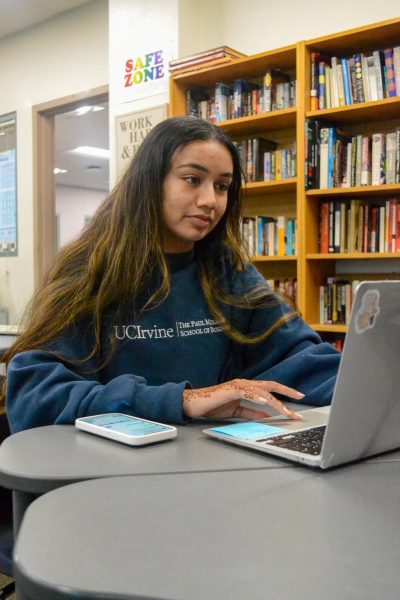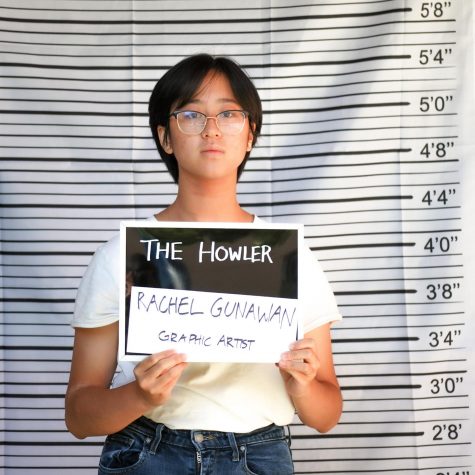Colorism in South Asia and its impact on Irvine’s community
THE LIGHTER THE BETTER?: The stigma against dark skin perpetuates harmful relics of the Indian caste system and British colonial rule in South Asians.
May 29, 2022
South Asians become conscious of skin color at a very young age. We are told to stay out of the sun, to apply lemon or Fair & Lovely to our faces in hopes for a lighter complexion and, almost every time we meet our extended family, we are told that our skin has gotten so much darker.
The impact of this on the self-esteem and self-image of students at Northwood often goes overlooked. Students who do have a darker complexion are often looked down upon for their skin tone, fostering insecurities shaped by colorism.
“Eurocentric beauty standards were forced upon me at a very very young age and for the longest time, I never really thought of myself and dark-skinned people as beautiful,” junior Anthara Thirupathi said. “Being dark skinned in Irvine was somehow worse and I’ve always felt like an outsider with me consistently receiving comments about how dark my skin is.”
The desire to have a lighter complexion all stems from the concept of colorism, which is the concept that lighter skin tones are superior to darker skin tones, an idea ingrained into society dating as far back as British colonial rule over India and the Indian caste system, both of which perpetuated the idea that fairer skinned individuals were the ruling class.
“Skin color function[s] as an indicator of socioeconomic status,” professor of law at Duke University Trina Jones wrote in an article for the UCI Law Review. In other words, darker-skinned people were seen as lesser to light-skinned people, just as manual laborers are often seen as lesser than entrepreneurs.
Playing into this prejudice are skin lightening beauty products targeting South Asian women which consistently perpetuate the notion that beauty comes from lighter skin. The brand Fair & Lovely, undoubtedly familiar to South Asians, market to individuals with more melanated skin despite the fact that this product is both dangerous and harmful.The brand name alone reveals their ideals and the Washington Post notes how Fair & Lovely has consistently equated light skin with success and confidence.
South Asians generally have darker complexions compared to East Asians, but both groups strive for the same lighter complexion. However, since South Asians are farther from this “fair is beautiful” standard, they are looked down upon for their complexion even based on Asian beauty standards.
Common beauty products, like lipsticks and foundation, are also tailored towards those with lighter complexions, promoting the message that darker skin complexions are not as important. Lip products that do not account for naturally darker pigmented lips, sunscreens that are difficult to rub in are just a few of the examples of melanated individuals being left out of the conversation.
“I was always told to cover my face, wear sunscreen only when I went out in the sun so I wouldn’t tan. If I did tan, I was told to put lemon on my face,” skin care content creator junior Ananya Badari said. “As I got older, I realized how absurd this concept was. We should be embracing the skin color we have and yes, we do get tanned under the sun but that is okay.”
Colorism is not solely an issue pertaining towards South Asians but is an issue for all; women of color, including Latinx and African women, are still shamed for having a darker complexion. Embracing dark skin is important to combat colorism and normalizing melanated skin is the first step to do so.
Netflix’s second season of Bridgerton centered around two South Asian women, Kate and Edwina Sharma, both of whom had darker skin. What was unique about the Sharma sisters was the fact that their role on the show didn’t emphasize their “Indian-ness” and make that their only notable trait but rather showcased them as the beautiful women they are. On top of that, Simone Ashley and Charithra Chandran’s casting for these roles as dark-skinned women is a big step in dismantling colorism within the film industry as it allows a dark skinned character to be seen as relatable, something outside of the norm.
Another aspect of combating colorism is boycotting brands that promote the “lighter is better” ideal such as Fair & Lovely. Skin lightening products are still heavily popularized in Asian countries while products that aim for inclusivity are still harder to find. Many beauty brands are working to mend this colorist gap within the industry by expanding their shade ranges. Moreover, the popularity of brands created and owned by women of color have dramatically shaped the beauty industry with brands like Live Tinted and Fenty Beauty forging a new norm that allows women to embrace their skin tone.



![AAAAAND ANOTHER THING: [CENSORED] [REDACTED] [BABY SCREAMING] [SIRENS] [SILENCE].](https://thehowleronline.org/wp-content/uploads/2025/06/lucy-1200x800.jpg)






















































